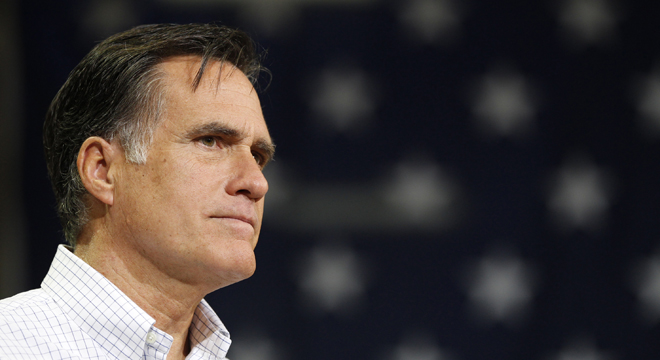The line on enthusiasm for the 2012 election has gone like this — Republicans are fed up with President Obama and his policies, so they can’t wait to get to the polls in 2012 to vote him out. The only problem? The data isn’t so clear, and we’re starting to understand why.
Gallup numbers from September seem to reinforce the conventional wisdom that the GOP was ready to go. But then in December the polling firm found the fire for Republicans dissipating, just as the first votes of the presidential primary season were coming — in fact, GOPers only held the enthusiasm advantage over Dems by five points.
Then came Iowa. Turnout at the caucuses wasn’t exactly what the party faithful had wanted to see. In 2008, during the last contested Republican caucus in Iowa, 119,000 voters turned out. 122,000 came out Tuesday night, which fell within GOP Secretary of State Matt Strawn’s rather loose prediction of 120 to 130k. As a point of comparison, Democrats turned out 239,000 Iowa voters for the start to the epic Obama–Clinton primary of 2008, when the prediction was for the Dem caucuses to attract 200k.
The intuitive answer, that Republicans are simply not that excited by their field of candidates in 2012, is also found within the numbers. Nationally, Gallup’s numbers have shown that GOPers don’t think the field is strong. Locally in Iowa, the Des Moines Register (DMR) poll released before the caucuses showed that none of the candidates could make the sale to the entire GOP. Of course divisions are expected in an contested primary, but the party doesn’t seem to have anyone this time around that can unite a large cross section of the Republicans.
A good example in the DMR numbers: only a third of likely caucus-going Republicans said they would enthusiastically support former Massachusetts Gov. Mitt Romney were he to become the nominee. Romney is the definition of an establishment Republican, which theoretically would be somewhat acceptable to a large part of the party. Rep. Ron Paul (R-TX), is the very definition of an outsider, anti-establishment candidate, yet saw the same enthusiasm number, and was only deemed unacceptable by 25 percent of Republicans, versus the 20 percent who said that about Romney.
In other words, Romney gets only a small bonus for be the “consensus” choice, and it may be a drag.
How else could a candidate like former Pennsylvania Senator Rick Santorum, who nearly beat the alleged frontrunner Romney in Iowa, actually compete after being in the single digits at the beginning of December? Voters really have to know they don’t want the conventional pick if they’ll go with someone they just heard about in the last few weeks of campaigning, even if Santorum did commit to retail politicking in the state.
The main idea seems to be that the GOP fractioning seen over the life of the Obama administration, from the real beginnings of the Tea Party movement, is really showing. If the same percentage of Republicans would be as enthusiastic about Paul as they would about Romney, then the field has reached a sort of ideological parity within the party — where the proponents of the conventional choice no longer outnumber the rabble rousers. Of course, the idea would be to find a candidate that can unite the two, but as 2012 has shown, that candidate isn’t in the running.






